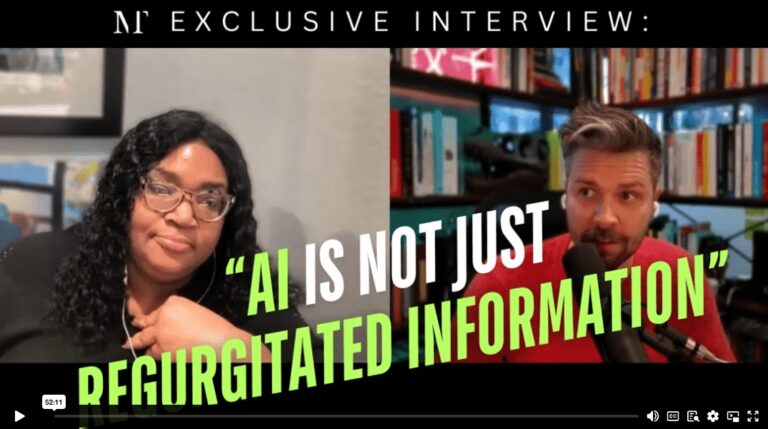
She’s Helping People Transform Their Untold Stories And Experiences Into Published Books
Sitting on a powerful story that could change lives, but don’t know how to get it out of your head and into the hands of
Struggling to get your clients the results they need through your agency …
Imagine having the power to turn a single, groundbreaking idea into a …
Enhancing Storytelling with AI: Crafting Compelling Narratives with Advanced Prompts Yes, Artificial …
Struggling to get your clients the results they need through your agency …
Imagine having the power to turn a single, groundbreaking idea into a …
Enhancing Storytelling with AI: Crafting Compelling Narratives with Advanced Prompts Yes, Artificial …

A commentary on USA Today’s Article “Tom Hanks alleges dental company used AI version of him for ad: ‘Beware!!’” by Naledi Ushe
Tom Hanks’ recent Instagram post, where he highlighted an unauthorized AI-generated representation of him in a dental advertisement, brings to the forefront a concern that’s been simmering for some time in the entertainment industry. With the proliferation of AI in content creation, the boundaries of authorship, identity, and intellectual property are becoming evermore blurred.
“Anybody can now recreate themselves at any age they are by way of AI or deep fake technology,” Hanks says, indeed, as AI technology evolves, the ease with which a persona, whether it be an actor’s or a writer’s, can be imitated or recreated becomes troubling. This isn’t just about celebrity likenesses in ads, but about the authenticity of content, be it a film performance, a song, or even a book.
The comment by podcast host Adam Buxton, that audiences would discern the difference, especially in specific stylistic choices, is poignant. While AI can produce content, the nuances that make a Tom Hanks performance or a Hemingway piece distinct can’t be wholly replicated. Hanks’ counter-question, “Without a doubt people will be able to tell, but the question is, will they care?” is also thought-provoking.
As audiences become more accustomed to AI-generated content, will they become less discerning, or will they yearn for the genuine authenticity that only humans can provide?
The concerns of the Writers Guild of America, as highlighted in the article, underline the significance of these questions. With AI becoming an increasing point of contention in negotiations, it’s evident that the concerns are not just about pay and rights but about the core of what it means to create.
Enter platforms like MovableType.ai, a tool designed to aid writers in transforming their initial concepts into full-fledged manuscripts. Yet, even in its design, MovableType.ai is cautious. While the tool could theoretically imitate the distinct style of an iconic author, it actively discourages such direct mimicry. Why? Because the thin line between inspiration and imitation is what defines the essence of creativity. Every creator, whether a writer or an actor, brings something unique to the table – a blend of their experiences, beliefs, and idiosyncrasies. AI, as advanced as it might be, can’t replicate that depth of individuality, at least not yet.
As AI technologies like deepfakes and writing assistants proliferate, the entertainment industry, and society at large, will need to grapple with questions of authenticity, ownership, and the very nature of creativity. It’s a brave new world out there, and the rules are still being written.

Sitting on a powerful story that could change lives, but don’t know how to get it out of your head and into the hands of
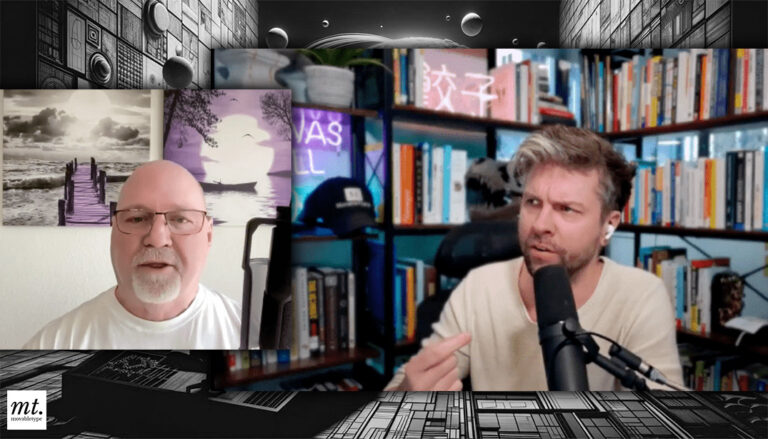
Struggling to get your clients the results they need through your agency or consulting business? Ever feel like you’re constantly fighting an uphill battle, trying
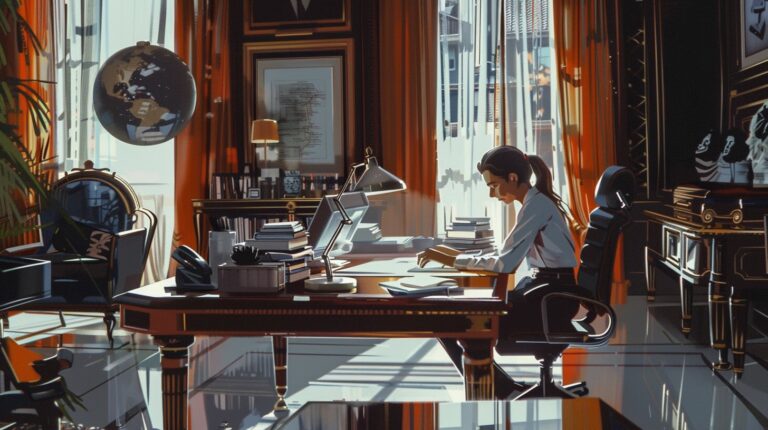
Imagine having the power to turn a single, groundbreaking idea into a fully-formed non-fiction book manuscript of over 30,000 words – all with the help
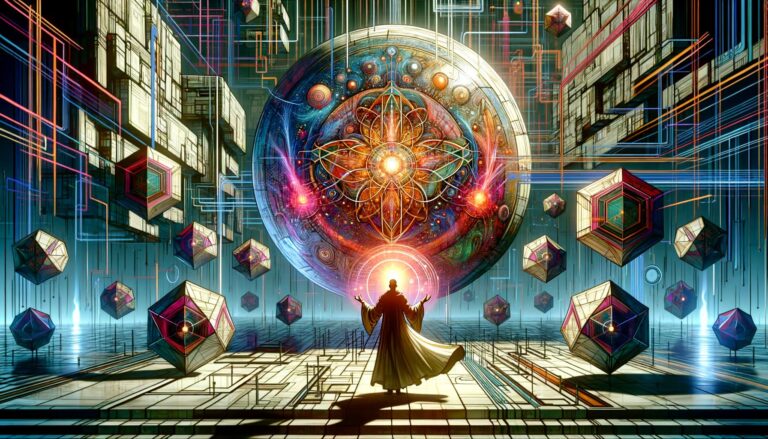
Enhancing Storytelling with AI: Crafting Compelling Narratives with Advanced Prompts Yes, Artificial Intelligence (AI) can significantly enhance storytelling by infusing creativity, preserving cultural narratives, and

Turn your existing book outline into a structured project with MovableType! This video shows you how to leverage your hard work developing an outline into
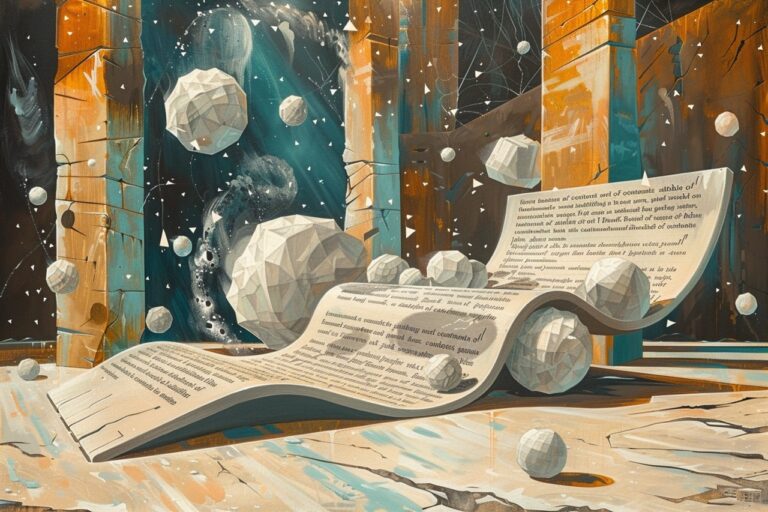
In this Loom, I walk you through the process of adding a table of contents in a Word document. I demonstrate two approaches: one with